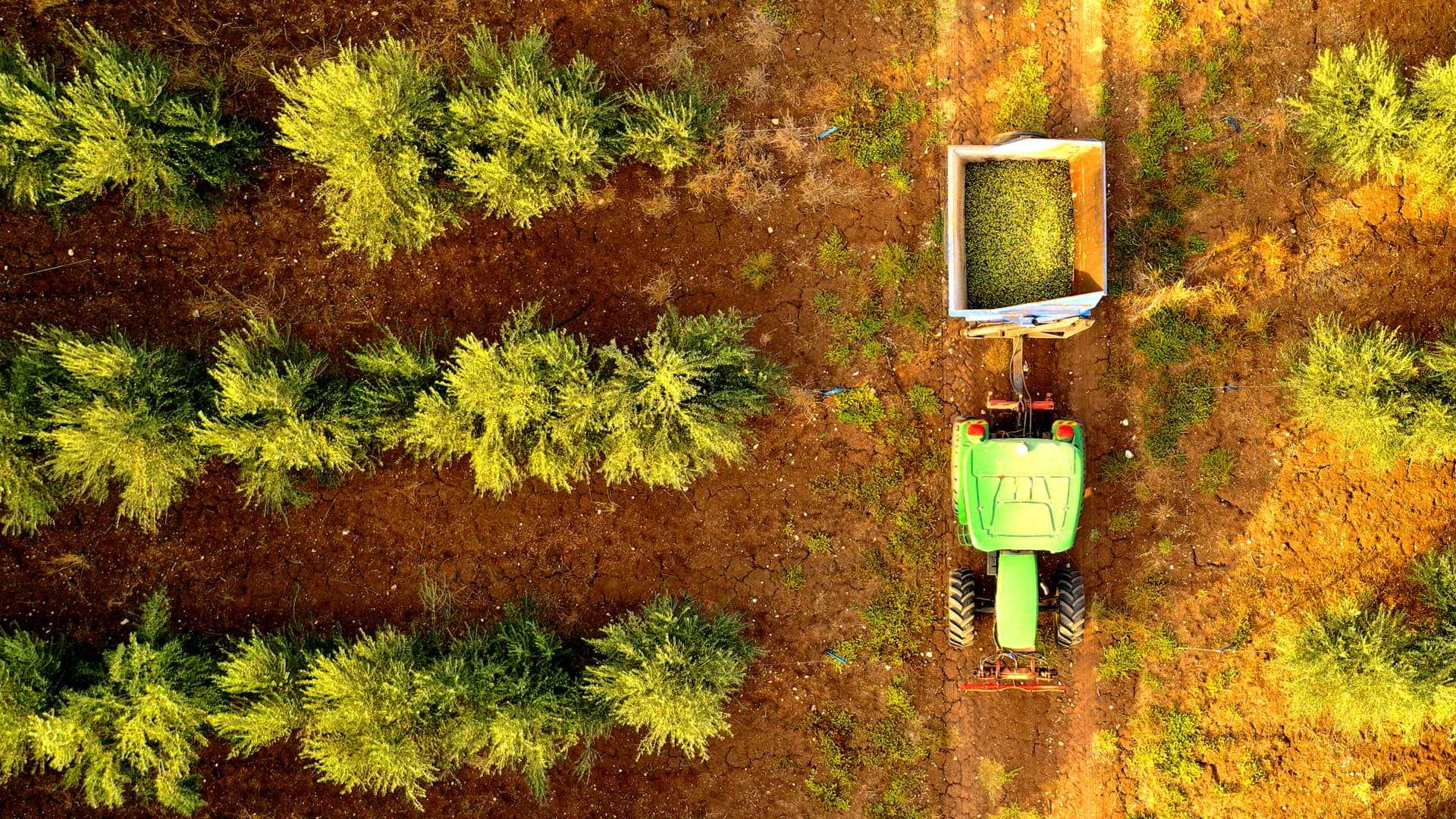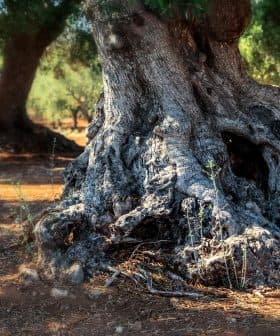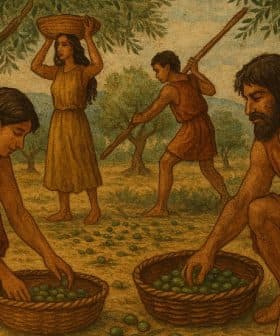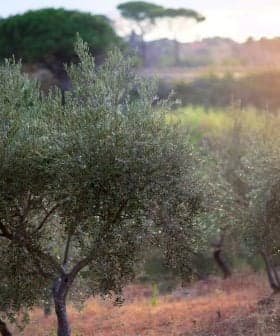Study: Agricultural Intensification Hurts Olive Grove Productivity

The Olivares Vivo project in Andalusia, now in its fourth year, continues to show positive results in promoting biodiversity in traditional olive groves, as indicated by a study published in the Journal of Applied Ecology by researchers from the University of Jaén. The study found that maintaining vegetation cover and natural areas in olive groves enhances species diversity and ecosystem functions, with rare species being particularly impacted by intensive agricultural practices that deplete vegetation cover and disrupt ecological processes.
Four years after its inception, the Olivares Vivo project in Andalusia continues to yield positive results for the role of a biodiverse ecosystem in traditional groves.
According to the results of a new study published in the Journal of Applied Ecology by researchers from the University of Jaén, maintaining vegetation cover and natural areas in olive groves enhanced the diversity of species and the functions they perform in croplands.
Not only is the loss of species drastic, but also the loss of functionality.
“In our study, we found that the diversity of species and the functions they perform in the olive grove were negatively affected by the simplification of the olive grove landscape and the intensive management of the plant covers,” said lead researcher Rubén Tarifa, a doctoral student in the university’s department of animal and plant biology and ecology.
See Also:Intensive Olive Farms Contribute to Desertification in Spain, Experts Warn“The rare species were the most affected in this process,” he added.
According to the study, intensive agricultural practices in olive groves usually cause loss of biodiversity by exerting intense pressure on plants, birds and insects, which are critical for controlling common olive tree pests.
“Not only is the loss of species drastic, but also the loss of functionality,” Tarifa said. “Furthermore, until now, it was unknown whether intensive agricultural practices could be affecting the rarest species, taxonomically and functionally, or on the contrary, those that are more common or dominant.”
“It is known that, in certain communities, rare plants play a very important role within the community, supporting irreplaceable functions within the ecosystem,” he added. “For all these reasons, we proposed this study.”
Just like in previous studies, the researchers found that agricultural intensification depleted vegetation cover with rare plants bearing the brunt of the pressure exerted by these types of farming practices.
Intensification was found to impact plants’ ability to reproduce through recurrent plowing and the use of herbicides. When herbicides are used for prolonged periods, there is a risk of depleting the seeds of certain plants. This leads to those plants being removed from the landscape, even when they are in dormant states.
In other instances, intensification indirectly impacts plants by interfering with animals that are critical for the existence of those plants, such as pollinators. Since rare plants contribute to functional richness disproportionately, their depletion usually compromises the integrity of different ecological processes.
During the study, researchers sampled plant cover from 40 olive groves in the provinces of Málaga, Jaén, Córdoba, Cádiz, Granada and Seville.
The researchers concluded that since weed cover plays an essential role in supporting the fauna of permanent croplands, such as olive groves, and their production, agri-environmental schemes in these croplands should adopt low-intensity practices that favor the functionality and diversity of ecosystems.









